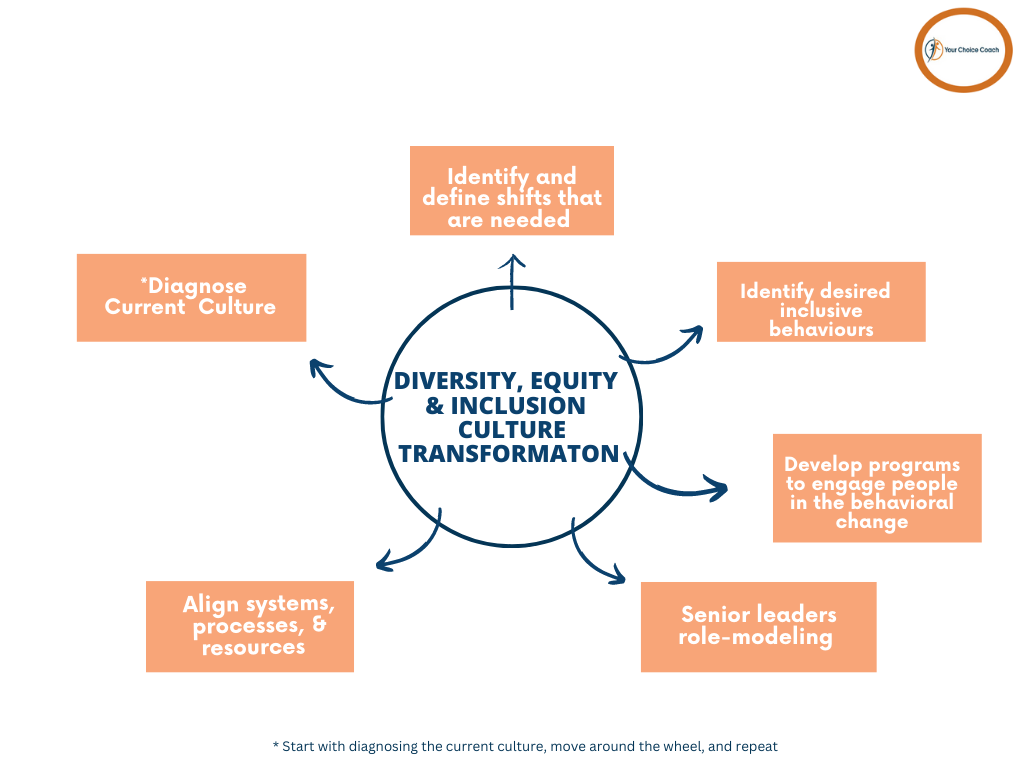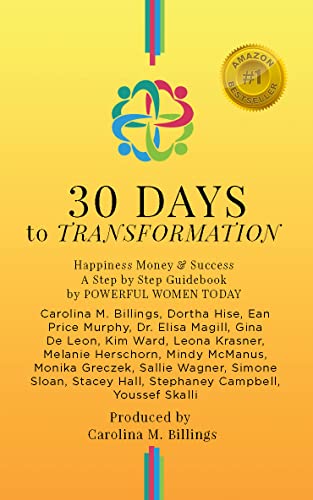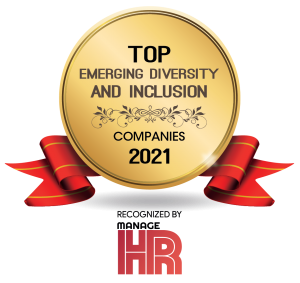Transformational DEI requires bold actions to stimulate groundbreaking change
 To incorporate equity and inclusion in the workplace requires bold action and groundbreaking change. Companies must shift from transactional DEI to strategic and transformational DEI policies to evolve the organizations’ practices and behaviours.
To incorporate equity and inclusion in the workplace requires bold action and groundbreaking change. Companies must shift from transactional DEI to strategic and transformational DEI policies to evolve the organizations’ practices and behaviours.
With his executive order, President Joseph Biden leads by example: https://www.whitehouse.gov/briefing-room/presidential-actions/2023/02/16/executive-order-on- further-advancing-racial-equity-and-support-for-underserved-communities-through-the-federal- government/
Biden’s order underlines how mission-critical DEI frames to communicate and set expectations for how historically marginalized groups are treated on a day-to-day basis, and optimally included as part of the workforce. It calls for each government agency to create equity teams as well as a DEI inclusion steering committee to hold these teams accountable.
The Biden Administration seeks to bring equity and support to: “Black, Latino, Indigenous and Native American, Asian American, Native Hawaiian, and Pacific Islander persons and other persons of colour,” religious minorities, women and girls, people in the 2LGBTQAI+ community, people with disabilities, people who live in rural areas as well as U.S. territories, and “persons otherwise adversely affected by persistent poverty or inequality.” Excluding these groups has cost the US economy approximately $23T over the last thirty years, according to Bloomberg.
Biden’s historic executive order makes clear that checking-the-box practices, transactional practices, are no longer acceptable across federal agencies. It implicitly acknowledges that as the working age population continues to become more diverse, it is imperative to intentionally ensure they are treated with respect, dignity, and that their contributions are honoured. Their valuable perspectives and continuous efforts are critical to our future prosperity, to creating overachieving teams and organizations today and in the future.
An impactful transformational approach takes intentionality
Your Choice Coach has seen how impactful a transformational approach can be across businesses of different sizes and in a variety of industries. Moving organizations from a transactional approach to a structured/strategic/programmatic vision has worked to productively embed DEI in industries such as healthcare systems, pharmaceutical companies, non-profits, and financial services.
For example, a healthcare company of 10,000 employees sought help on how it could activate its DEI strategy across its workforce. With employee engagement, hard conversations, and strategic tools, Your Choice Coach partnered to build inclusive actions starting with its leaders and ERG groups. A cultural competency assessment was delivered to help the organization’s leader understand their areas of strengths and areas to develop as they engaged with their increasingly diverse workforce. Coaching support was provided to ERG leads to help them learn how to evolve, grow, and deliver value to the organization. We delivered a series of trainings in courageous conversations, microaggressions, and unconscious bias to help employees identify and align on language and behaviours that are appropriate and intentionally inclusive.
Such an approach requires sustained thoughtful application and trained interpretation of proven data-driven programs and tools. These are most effective when tailored to an organization’s specific culture, needs, and objectives.
Aspirations, ad-hoc interventions are not enough, and can lead to poor outcomes
Trained professionals applying proven tools and methodologies are far more impactful when organizational leaders “lead by example.”
Your Choice Coach has worked with, coached and trained leaders of organizations on how to intentionally lead by example, communicate with objectives in mind, and to address their knowledge gaps to do so more effectively. Transformational change is not a one-and-done (transactional) workshop, but a carefully structured and sustained series of learnings to define and build upon skills that will fully leverage a workforce. It is a systematic, business-led approach that is needed to translate into actual change, improved performance.
A call for sustainable change and positive impact
Equity and equality are intricately related. Taking both into consideration creates opportunities to develop sustainable DEI changes. Appropriate structures are required to reduce the risk of unintended consequences stemming from transactional, poorly conceived efforts. What is counterproductive to this process of business improvement are unsubstantiated, calculated criticisms designed to undermine proven and effective practices.




